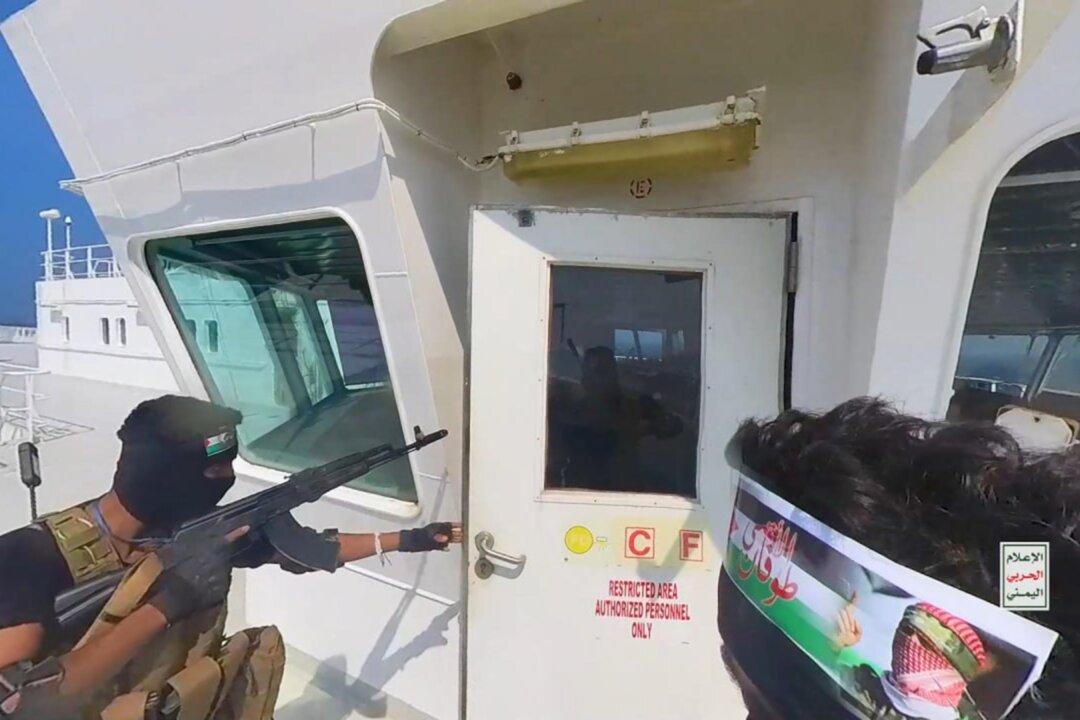Two major international shipping companies have elected to send their cargo ships the long way around Africa rather than risk being attacked by Islamist Houthi rebel forces while trying to transit the Red Sea.
The Denmark-headquartered Maersk and Germany-headquartered Hapag-Lloyd shipping companies both halted their traffic through the Red Sea and the Gulf of Aden in the past week after their ships were attacked near Yemen, where the Houthi rebels are active.





